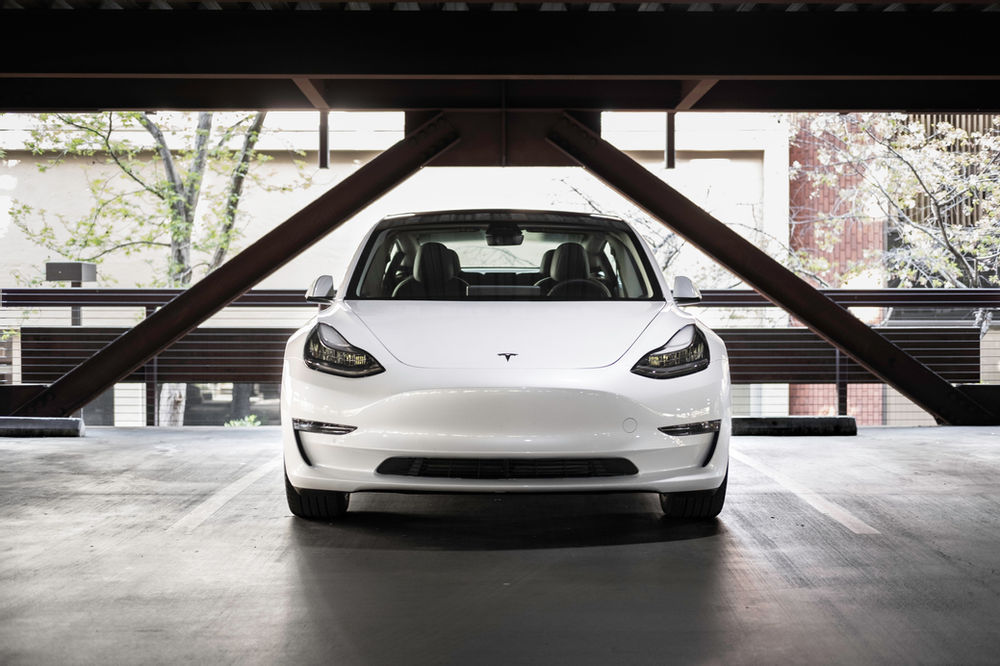There is no doubt that electric vehicles are the future, as the way we get around and produce electricity is transitioning away from fossil fuels, and towards cleaner and greener alternatives. The entire transport sector accounts for 21% of total CO2 emissions and road travel alone accounts for 15% of total CO2 emissions so getting electric vehicles onto the roads is definitely a priority in tackling the climate crisis. However, they’re not perfect, and they are faced with obstacles that are stopping them from becoming mainstream.



This article should not be in /c/Science because it’s not a scientific piece. It’s a piece of propaganda for the tech industry.
What’s stopping electric cars? While not exactly a blocker (thanks to official propaganda), there are very good chances that electric cars pollute A LOT more than their mechanical counterparts. How is that, you may wonder?
Well the base structure of the car is the same. Except instead of feeding your car gasoline, you feed it electricity. This has two consequences:
Electric cars are not a solution by any means. Unless you run a bike to charge them (or use a nearby water stream), they’re by far even more polluting than traditional cars.
You second point is completely wrong for many areas. My area, for example, 70% of my electricity comes from hydroelectric dams, 20% renewables (wind, solar), 5% nuclear, and 5% methane (some of which comes from reclamation from farms). I don’t think there is a large scale gasoline generator in the country, same story for coal.
not to mention they’re more efficient, watt for watt
Not sure about “many”. Most of the world doesn’t run on any form of renewable energy. And what you call “renewable” (in official statistics) is far from pollution-free: for example massive wind turbines (compared to smaller ones producing more local, but less electricity) are a pollution nightmare… how many gallons of gasoline does it take to produce a single wind turbine? ;)